Assistant Principal's Report
Georgia Despotellis

Assistant Principal's Report
Georgia Despotellis


As we find ourselves already midway through Term 1, I am pleased to reflect on a productive start to the school year. The Year 4 to 6 swimming program has successfully concluded, and school photos have been taken, marking a memorable moment for many students.
With the CSPS Start-Up Program now behind us, we have focused on explicitly teaching clear expectations to students, helping establish a positive and conducive learning environment. As a result, our teachers are now fully immersed in delivering the curriculum, and I am delighted to witness so many students visiting my office to proudly share their excellent work.
The quality and high standards of the work I’ve seen truly demonstrate the effectiveness of the Start-Up Program. It has achieved its goal of setting our students up for success, and I am confident it will make a lasting impact on their learning journey.
In my previous newsletter, I introduced the new ‘Chill Out Zone’ and its purpose, as well as its new location. One of the activities that students have been enjoying is working together on impressive Lego creations. This Wednesday, we hosted a Lego Town Exhibition, where students were thrilled and proud to showcase their project. The event highlighted several key learning skills, including teamwork, collaboration, and various social skills, which were actively practiced and reinforced during the activity.

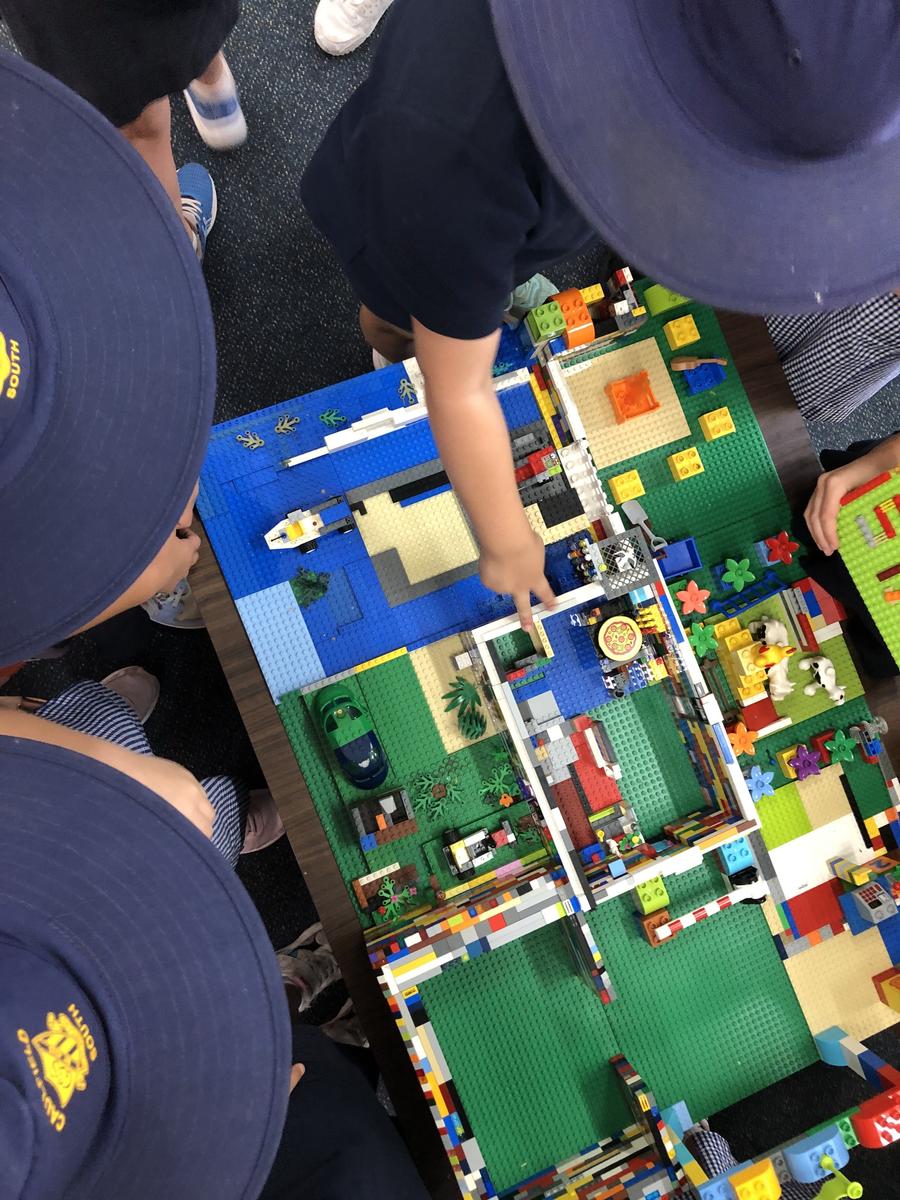
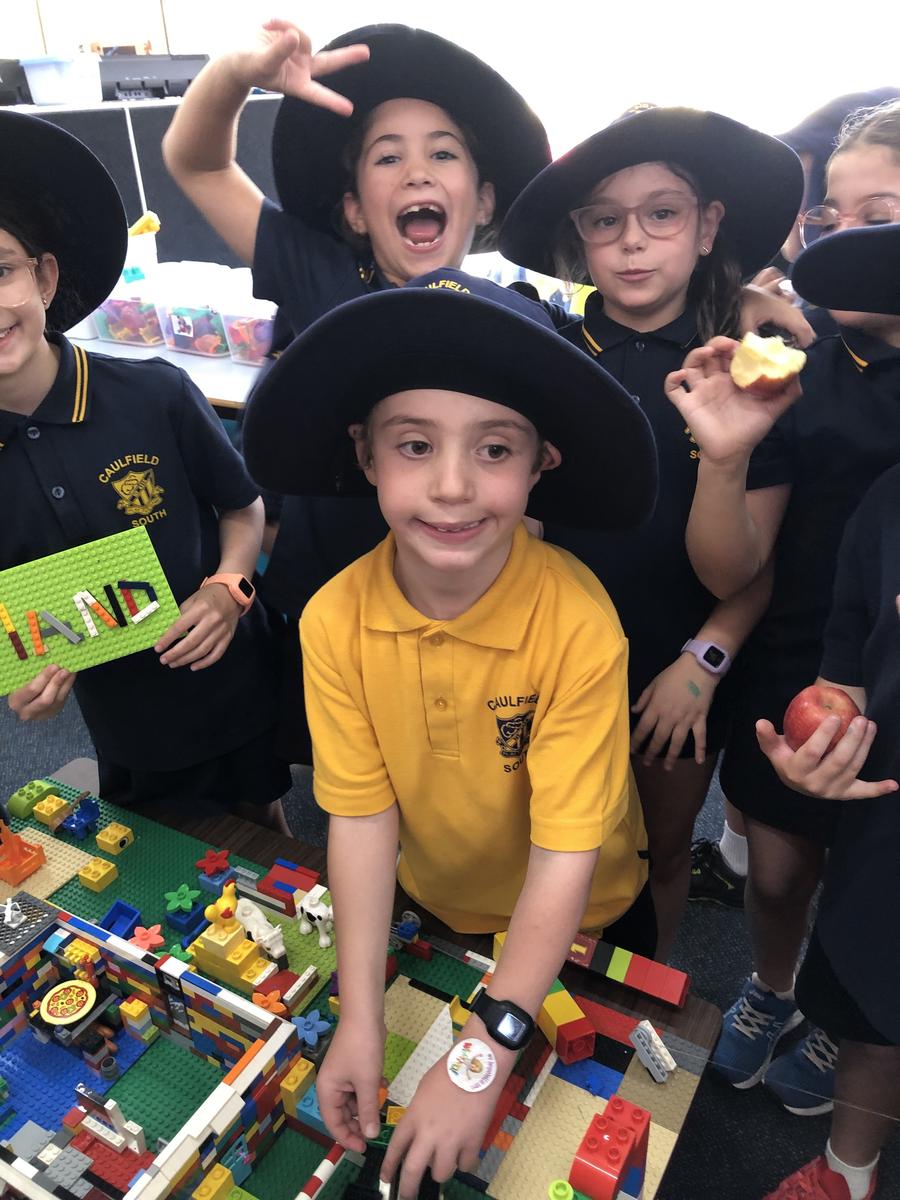
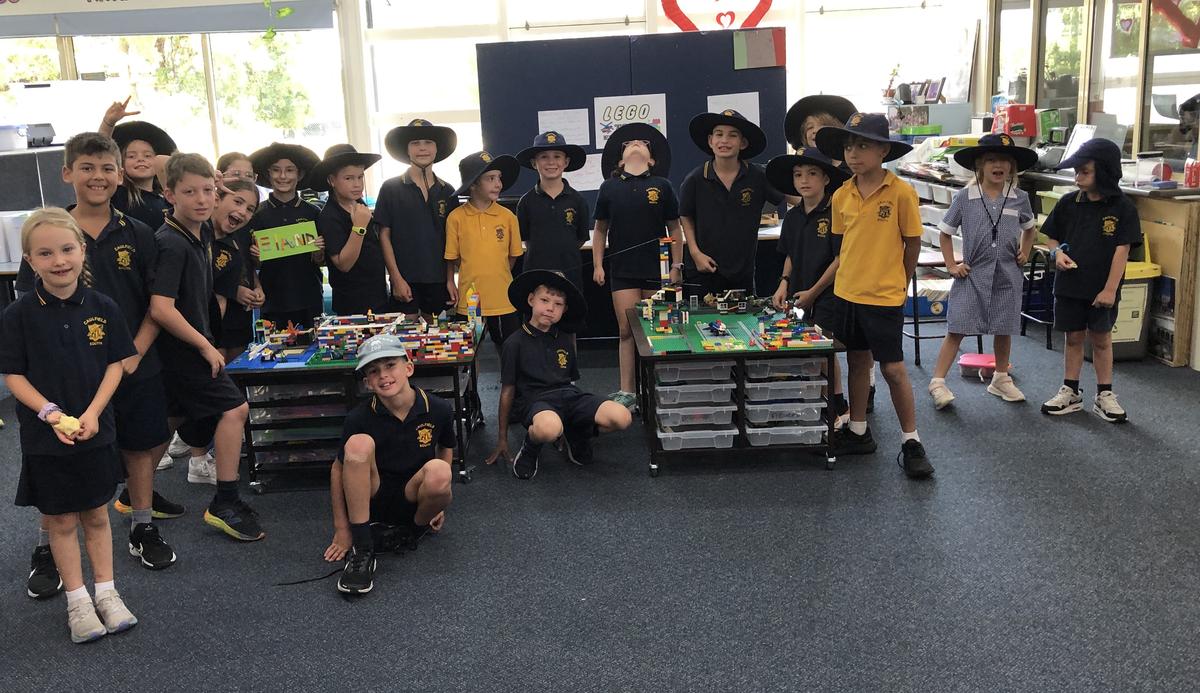
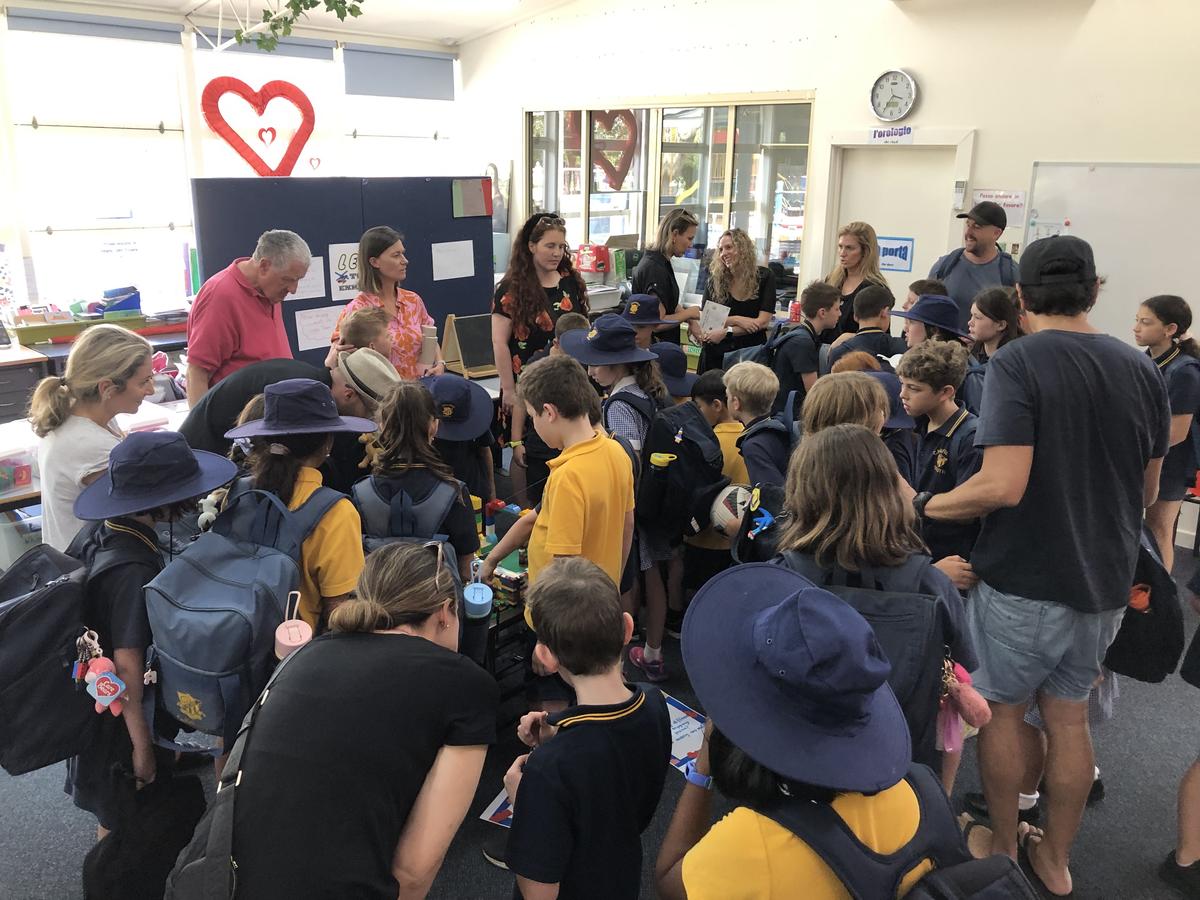
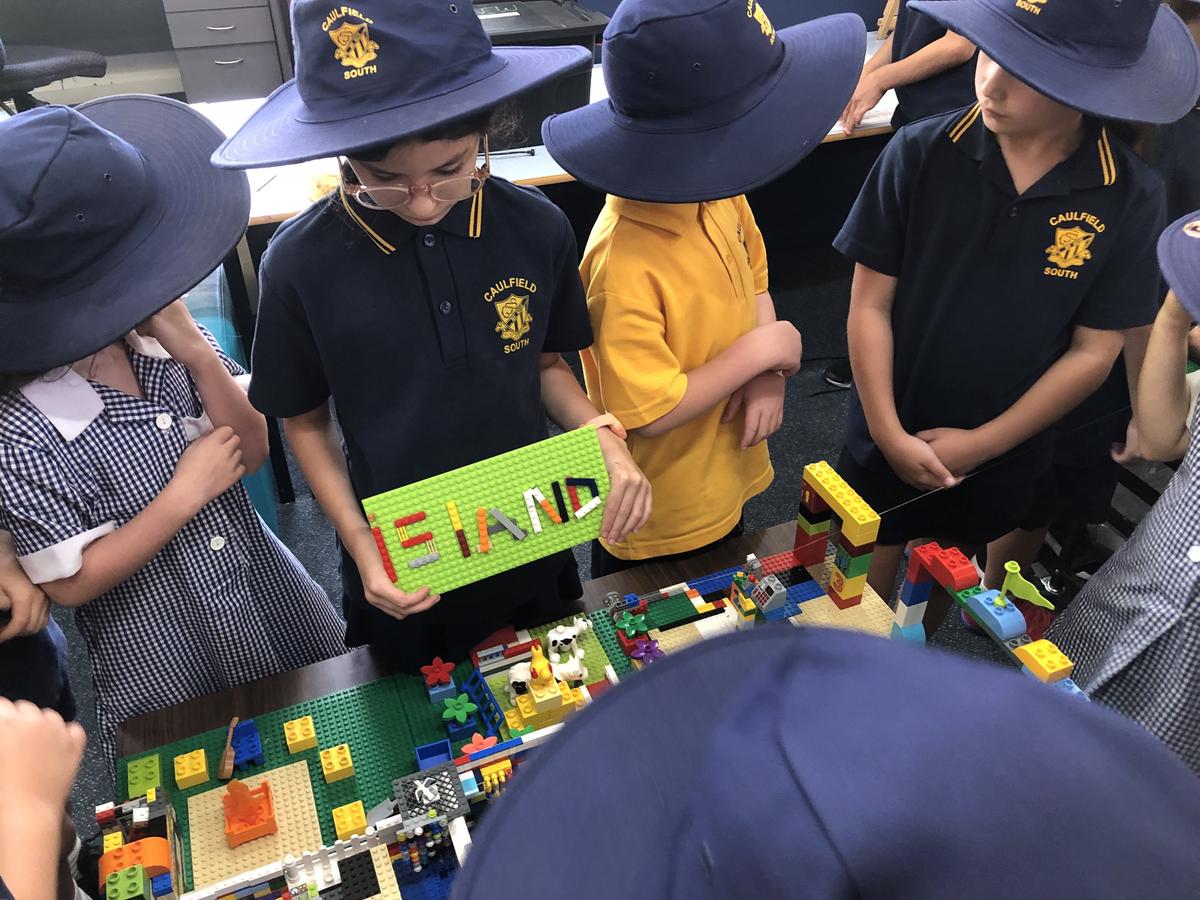






As we welcome in a new school year, I would like to take this opportunity to remind parents of some health-related matters which will help us to provide the best possible care to our students at school. We ask that you support us in doing this by taking note of the following important reminders.
Occasionally students may require medication to be administered at school. Before requesting this please consider the following:
If there is no other option but to have the medication at school, please ensure all medication is:
We will continue to encourage students to practise good hand hygiene and not to share food. If you could also reinforce these points at home that would be appreciated.
Until the age of 11-12 years, children need active adult supervision to help them safely navigate cars, driveways, roads and car parks.
Children learn about pedestrian safety by watching their parents, so it is important that we model safe behaviour around cars, roads, footpaths and car parks. Some ways to do this are:
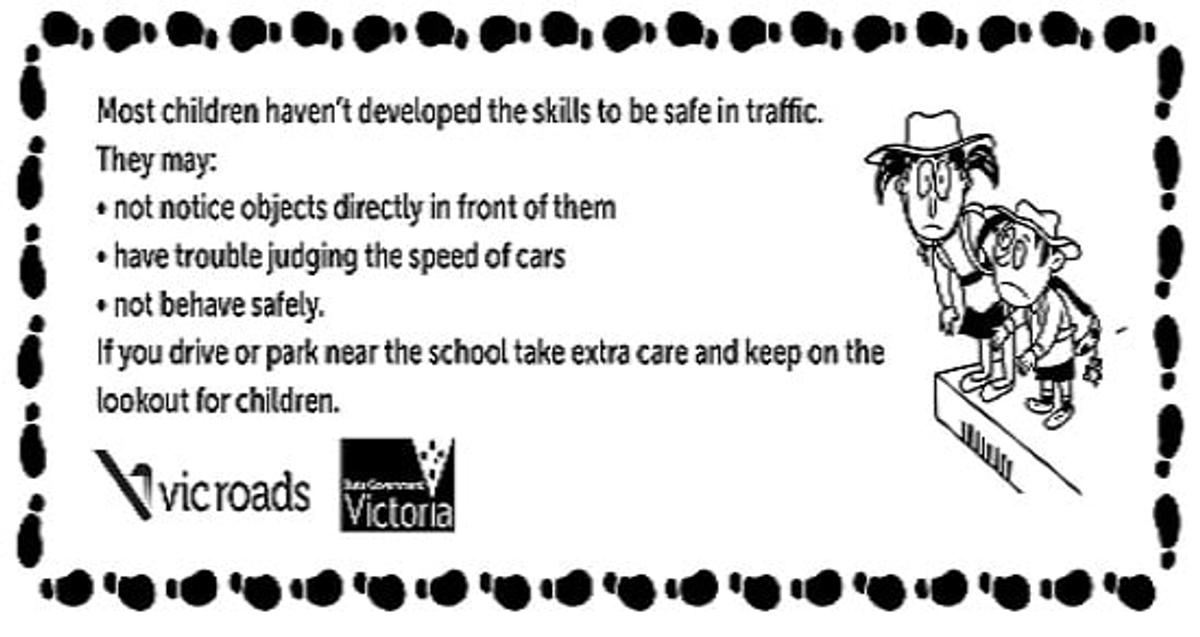

Georgia Despotellis
Assistant Principal